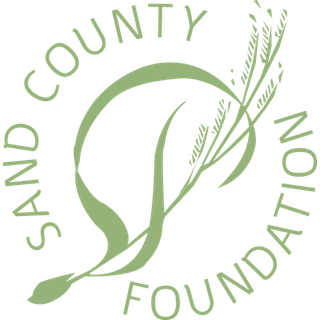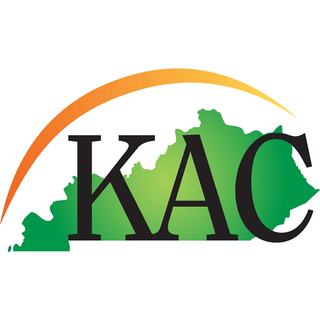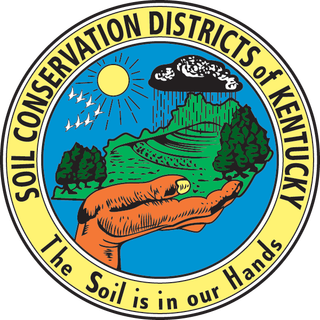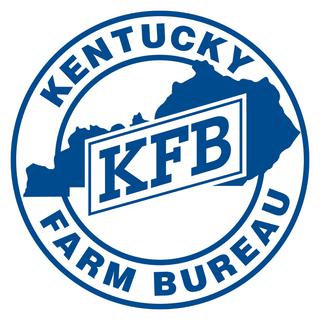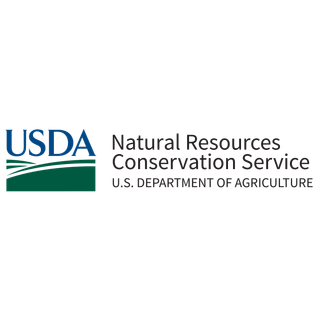Farming land his grandmother once owned, Fred L. Sipes says he’s a caretaker of a precious resource.
Fred began growing 50 acres of burley tobacco, fresh out of high school in 1994. Even then, conservation was important to him. He knew consistent improvement and diversification would be critical to his farm’s survival.
As he acquired and rented more land to raise beef cattle and grow soybeans, corn, wheat, produce and hay, he adopted conservation practices with assistance from the Natural Resources Conservation Service. Determined to leave the land and water better than he found it, he joined the Meade County Conservation District’s board, and was an early adopter of a Kentucky Agriculture Water Quality Plan.
F.L. Sipes Farms
Fred established a rotational grazing system with cross fencing for his cattle. Watering facilities and feeding pads were constructed to prevent erosion. The herd’s calving season is managed to coincide with ample forage availability and avoid over-grazing. Pastures with native grasses and wildflowers, riparian buffers, and new and repaired grass waterways slow erosion of topsoil while providing habitat for wildlife, aquatic life and insect pollinators.
Given the prevalence of sinkholes in the area, Fred uses buffer strips to prevent groundwater contamination. Establishing buffer strips for conservation purposes also controls input costs by removing unproductive and highly-erodible acres from crop production.
Fred credits no-till practices and cover crops with improving the health of his soil. Cover crops of wheat and rye hold soil in place over the winter and spring. When the cover crops are terminated in the spring, they return organic matter to the soil which nourishes that year’s soybean and corn crops. Cover crops also help reduce a field’s compaction.
Partnering with agronomy experts on soil sampling and plant tissue testing determines a crop field’s specific nutrient needs. Drift-reducing nozzles and GPS-targeted herbicide applications save money and reduce the potential for over-application and water contamination.
Fred has installed and repaired several waterways, including one on a farm he purchased in 2020. It’s one of the improvements he’s made since receiving a regional American Soybean Association Conservation Legacy Award in 2019.
Like many farmers, Fred rents some of his cropland from other landowners. He views his landlords as partners, and therefore keeps them informed on crop conditions and conservation improvements, and maintains their fencerows.
Just as Aldo Leopold wrote about the “ethical relationship between people and the land that they manage,” Fred is inspired to share his conservation story with consumers. He does so through leadership positions with the Kentucky Soybean Association and Meade County Farm Bureau. He also organizes and hosts field days sponsored by the University of Kentucky Extension Service and local conservation district.
“He exemplifies who today’s farmer should be – eager to learn and serve. And more excited to educate others about what he has learned,” said Andy Mills, Meade County Extension agent.
Fred and his wife, Stacey, are parents to four-year-old twins, Joe and Sam. Parenthood has made him even more conscious of the environmental footprint he’ll leave on the land.
“There is nothing more important to me than preserving and improving the land for these boys,” he said.
